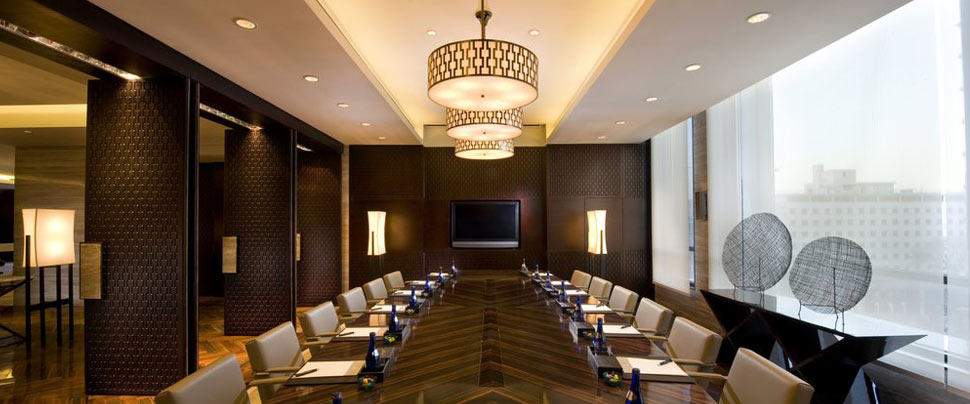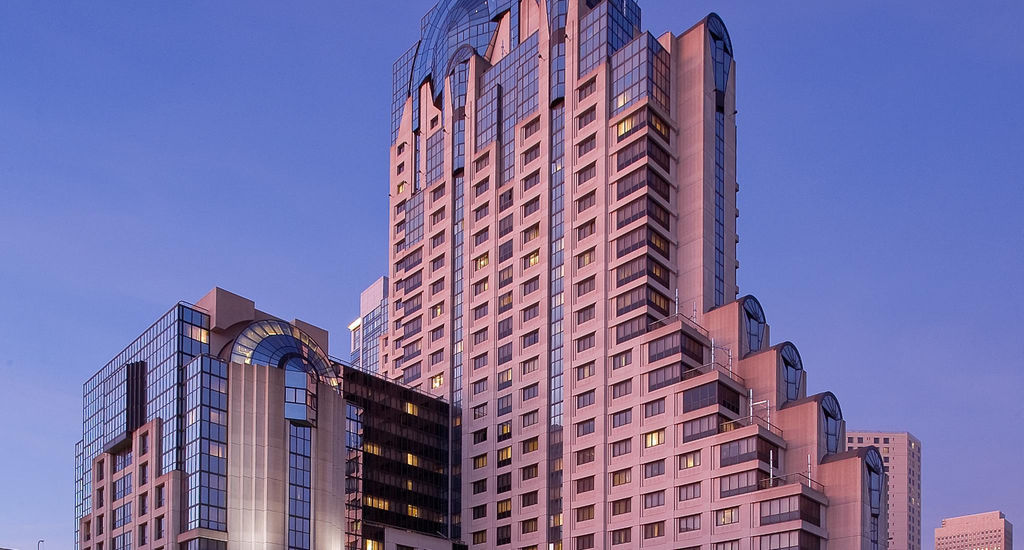When we last heard in April, group bookings growth was forecasted to outpace transient growth for the summer, with TravelClick's senior industry analyst John Hach claiming to be cautiously optimistic about the growing group segment. According to a new report from TravelClick, the group segment remains strong, but the caution Hach hinted at in April may be warranted.
TravelClick's May 2016 North American Hospitality Review shows that transient bookings are up 3 percent year-over-year, while average daily rates for the segment have risen 1.6 percent. Transient leisure is showing occupancy gains of 4.4 percent and ADR gains of 2.1 percent, while transient business is down 0.3 percent and ADR for the segment is up 1.3 percent. Group bookings are up 6.8 percent in committed roomnights over the same period in 2015, and ADR is up 3.4 percent.
While this is welcome news for hoteliers looking to make a big profit this summer, Hach noted in the report that group booking pace during the past month has actually dropped by more than 10 percent. This is a substantial hit to a segment that was forecasted to see big gains, and while it is still growing powerfully it is matched by business demand that Hach characterized as "soft" and "lagging."
The answer, according to Hach, is that groups tend to book further out, often nine to 12 months from their arrival, whereas leisure travelers tend to book within two weeks of their trip. So while the fast-paced bookings the industry saw in April haven't carried over into May, Hach said the segment remains relatively strong and without the level of cancellations that was seen in 2001 and 2008 as the economy took a dive.
"It's a complicated issue," Hach said. "We are seeing the deceleration of group bookings moving at a quicker rate, but the problem isn't simple. It's a mosaic."
Hach pointed to four major issues that are creating that mosaic of group booking declines, which are as follows:

1. Continued global economic uncertainty
"No one is sure if the fed is raising interest rates," Hach said. "The hospitality market is struggling somewhat, and not just in the U.S."
2. Risk of infectious diseases
"There always seems to be one floating around; last year it was Ebola and this year it's Zika," Hach said.
3. The ongoing threat of terrorism
"Brussels was the most recent large-scale attack," Hach said. "Markets affected by terrorism have different contexts today when compared to 12 months ago."
4. The impact of the sharing economy
Companies such as Airbnb have a noticeable negative effect on bookings, but it's an effect that has yet to be fully fleshed out. In a May report from the American Hotel & Lodging Association regarding the impact of Airbnb on the Miami hotel market, Stefano Frittella, owner of the Pelican Hotel in Miami, claimed his occupancy has dropped 22 percent this year over the same period in 2015.
"No one is sure which piece of the puzzle is larger or smaller, but all four of these are complicating the issue of forecasting for the rest of the year," Hach said.

Hach also made light of current events, suggesting the struggles of the Transportation Security Administration may also contribute to market fluctuations, but also said he is encouraged by the fact that people still want to travel. "Look at the long lines; people are still getting on their planes and still going places, though," he said. "It's a positive sign of people's willingness to put up with inconvenience in order to explore the world."
The biggest blow to hotels, according to Hach, is the loss of the industry's ability to drive rates throughout the summer because the majority of markets will have to focus instead on using value as a differentiator.
"Competing on rate alone is a slippery slope to the bottom," Hach said. "In a few markets, rate will be a driver, but in most markets it won't. Savvy hotels know this summer will be more than a rate-only game, especially being in the height of experiential travel."
Whether it be food & beverage options, Wi-Fi inclusions, increased bandwidth or local offerings, according to Hach these are the differentiators that will determine the winners and losers by the end of the summer.
